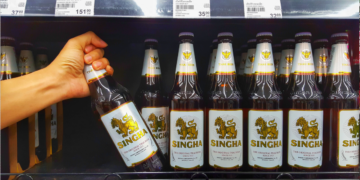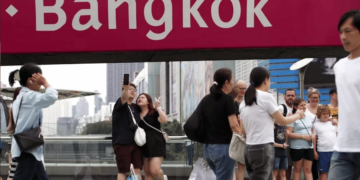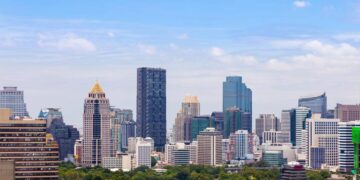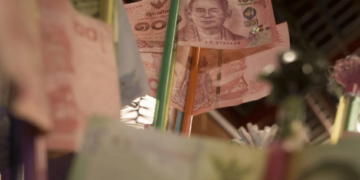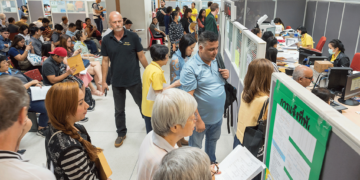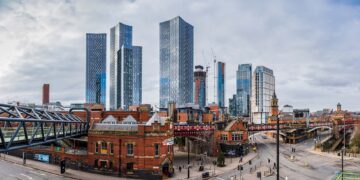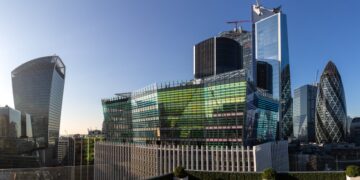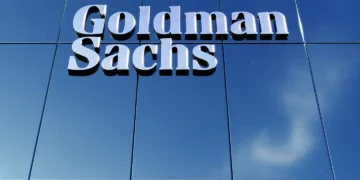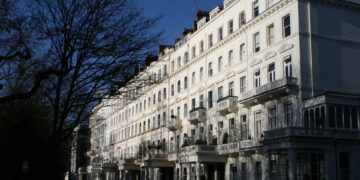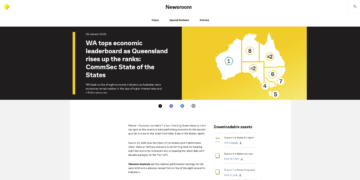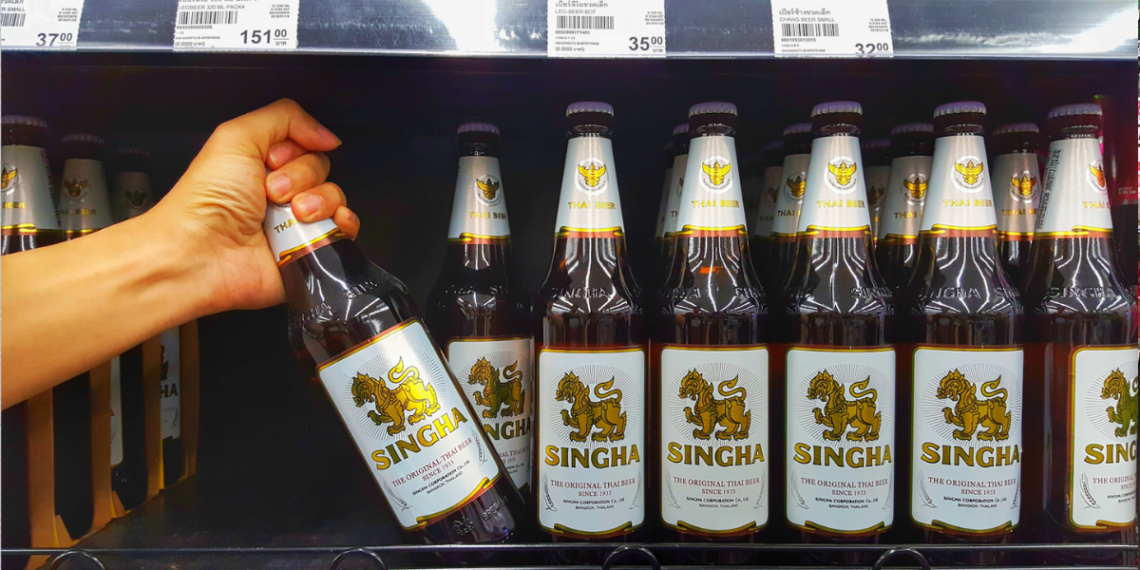In March 2025, the Thai government announced plans to lift the long-standing “afternoon alcohol ban” that has been in place since 1972. This ban prohibits the sale of alcoholic beverages before 11:00 AM and between 2:00 PM and 5:00 PM. The policy shift is seen as a strategic move to boost tourism and stimulate economic growth, with significant implications for Thailand’s tourism and hospitality industries.

The change stems from an amendment to the Alcoholic Beverage Control Bill, passed by Thailand’s House of Representatives on March 20, 2025. Under the new legislation, alcohol sales will be allowed during more flexible hours. Additionally, brewers will be permitted to advertise and promote alcoholic products within certain limits, which is expected to weaken the long-standing market dominance of Thai Beverage Pcl and Boon Rawd Brewery Co. The bill now awaits approval from the Senate and will take effect upon royal assent. This reform will overturn the alcohol restrictions imposed by Thailand’s military government in 1972, which have been in place for 53 years.
Historical Background and Policy Shift
The alcohol ban was originally introduced by the military government in 1972 to maintain social order by reducing public intoxication and related crime. However, as Thailand’s society and economy have evolved, the strict regulations have become outdated and are now seen as a barrier to the growth of the tourism and hospitality sectors.
Currently, Thailand is a major player in the Asian tourism industry, attracting approximately 40 million international visitors annually, with tourism contributing 18% of the national GDP. However, restrictive alcohol sales laws have been viewed as a disadvantage compared to neighbouring countries like Vietnam, the Philippines, and Japan, which have more relaxed regulations. In February 2025, Prime Minister Paetongtarn Shinawatra stated that the government would review existing alcohol regulations to enhance Thailand’s global competitiveness as a tourist destination. He emphasised, “We want Thailand to be a top choice for international tourists, which requires comprehensive reforms in culture, regulations, and market competitiveness.”
Key Provisions of the New Bill
Under the new legislation, Thailand will lift the afternoon alcohol sales ban, allowing sales between 2:00 PM and 5:00 PM. Retailers will also be allowed to advertise alcohol products in settings that do not target minors and to promote their products on social media. Moreover, international airports, entertainment venues, resorts, and tourist areas will be permitted to sell alcoholic beverages during Buddhist holidays — a practice previously prohibited.
To support the domestic alcohol industry, the government will introduce tax incentives and technical assistance for small breweries and independent brands, encouraging the growth of local production. Chanin Rungtanakiat, a member of parliament, stated, “The goal of this reform is to reduce unnecessary restrictions, foster market competition, and make Thailand a more attractive tourist destination.”
Economic and Industry Impact
Tourism is a key pillar of Thailand’s economy. In 2024, the country welcomed around 40 million international tourists, generating over $57 billion in tourism revenue. The government expects that lifting alcohol restrictions will lead to increased visitor numbers and greater spending on dining, nightlife, and tourism services. Bangkok, Phuket, and Pattaya — Thailand’s key tourist hubs — are expected to benefit most from the regulatory changes, with the nightlife industry projected to grow by 15% to 20% over the next two years.
Sathit Dachart, a bar owner in Bangkok, welcomed the policy change, saying, “We expect this policy to attract more international tourists and inject new momentum into the local economy. Many visitors have complained about the afternoon alcohol ban, and this change will finally address that issue.” Tourism industry stakeholders believe that relaxed alcohol regulations will allow for more flexible business models and increase tourist spending.
Social and Regulatory Safeguards
While the relaxed regulations are seen as a positive step for economic growth, the government has pledged to strengthen measures to prevent social issues. Authorities will tighten controls on underage drinking and restrict alcohol sales near schools and religious sites. Strict enforcement will also be applied to offences such as drink-driving and public disturbances. The National Alcoholic Beverage Policy Committee stated, “Our goal is to balance economic benefits with social responsibility, ensuring that the new regulations promote economic growth while maintaining public order and social stability.”
Regional and Global Implications
This reform is expected to enhance Thailand’s competitiveness in the Asian tourism market and may serve as a model for other countries seeking to modernise their alcohol regulations to attract more international tourists. Analysts suggest that with the rapid growth of the Asian tourism sector, other nations may follow Thailand’s lead in adjusting alcohol sales laws. The decision to lift the 53-year alcohol ban marks a significant shift in Thailand’s economic and cultural policy, positioning the country for sustained growth in the global tourism market and injecting fresh vitality into the domestic economy.


